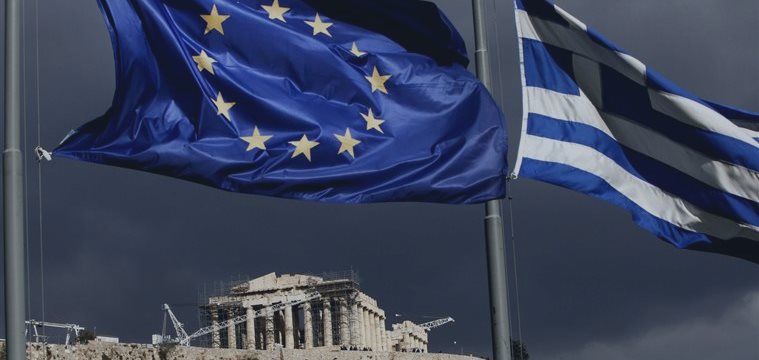Greek Prime Minister Alexis Tsipras revealed plans to undo several austerity
measures which compiled a condition of Greece’s international bailout,
putting his new government on a path of confrontation with its
European partners.
Raising the taxable income
threshold; gradually increasing the minimum wage, starting next year;
and dropping a recently introduced property tax are among the most important changes. Tsipras also promised the
retirement age wouldn’t be changed.
Greece’s current EUR240 billion rescue runs out at the end of the month, and the government has cautioned it could run out of money in weeks unless it can gain access to additional funds.
The Greek authorities also said they want to change the terms of its funding agreement, which require the new leftist government to adhere to austerity measures agreed to by its predecessors.
However, Greece’s partners in the European Union led by Germany have insisted that if Athens wants to receive further assistance, promises made by the previous Greek government have to be kept. On Wednesday finance ministers are meeting in Brussels, for the European summit Eurozone officials have asked Greece to come up with a specific funding plan by this time to move closer to a deal on the paralyzed bailout program.
Last week, Greece's Prime Minister, along with Finance Minister, took a tour around several European cities, including London, Berlin, Rome, Paris, Brussels and Frankfurt, in an attempt to build support for his government’s plans.
If the Greece runs out of money, the country would be forced to default on its debts and reintroduce its own currency, thus abandoning the euro. Most of the aid that Europe and the International Monetary Fund have poured into the country would be lost.
Despite the risks to the country’s future, Mr. Tsipras is supported most Greeks. A poll conducted on behalf of privately owned television station Skai by the University of Macedonia showed Saturday that seven in 10 Greeks agree with the country’s standoff with international creditors.
However, nervous depositors have pulled €8 billion to €10 billion from the country’s banks in January alone, government officials say.
The crisis of the banking system worsened last week, as the European Central Bank’s
decision to no longer accept Greek government bonds as collateral from
banks seeking funds was a strong blow.
Alexis Tsipras’ speech marks the start of a
three-day debate on the government’s policy statements, which winds up
Tuesday evening with a confidence vote. The two-party coalition
government—which includes junior coalition partner right wing
Independent Greeks—is expected to pass the confidence vote, says The WSJ.



